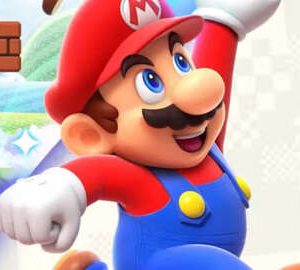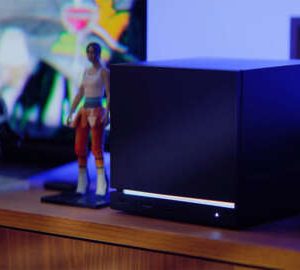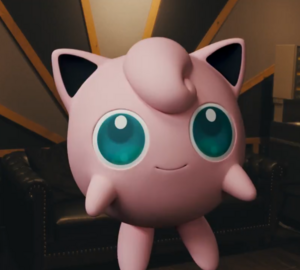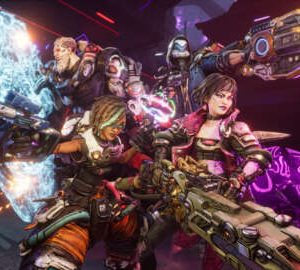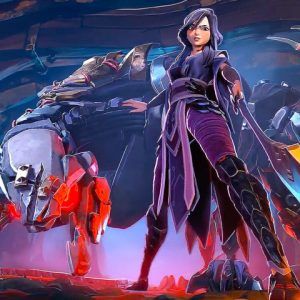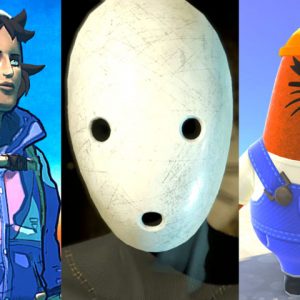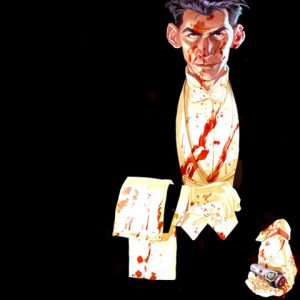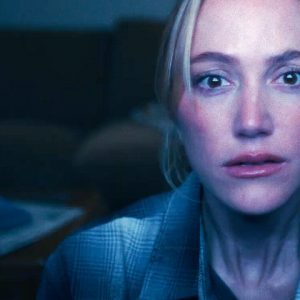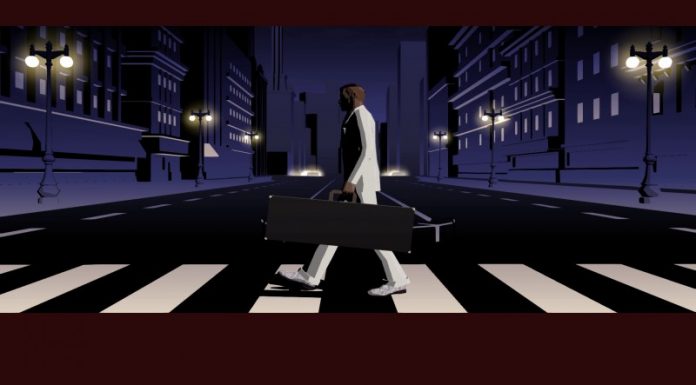The Library of Congress has selected Nintendo’s Super Mario Bros. theme to be the first video game track enshrined in the National Recording Registry.
In a blog update from the US Library of Congress, the research institution named the Super Mario Bros. theme one of its 25 recordings to showcase and preserve within its National Recording Registry. Every year, the library selects a small collection of audio sampling the “range and diversity of American recorded sound heritage in order to increase preservation awareness.”
Though the National Recording Registry has built its selection of over 600 recordings since established in 2002, Mario’s beloved theme is the first video game song added to the library. The iconic Nintendo tune joins a wide range of other historical musical picks, ranging from Mariah Carey’s perpetual Christmas hit to Puerto Rican rapper Daddy Yankee’s chart-topping Gasolina.
Commenting on the significance of the registry for the Library of Congress update, Librarian of Congress Carla Hayden explained their mission and selection process.
“The National Recording Registry preserves our history through recorded sound and reflects our nation’s diverse culture,” said Hayden.“The national library is proud to help ensure these recordings are preserved for generations to come, and we welcome the public’s input on what songs, speeches, podcasts, or recorded sounds we should preserve next. We received more than 1,100 public nominations this year for recordings to add to the registry.”
In 1985, Nintendo composer Koji Kondo created what would go on to be one of the most memorable video game tunes ever with the Super Mario Bros. theme for the NES. His work on the Mario series has spanned decades, and Kondo has even penned other famous tracks, like the Legend of Zelda theme.
Nearly 38 years later, and we’re still finding new ways to enjoy Kondo’s beats. In the IGN review for Mario’s latest theatrical adventure, the composer’s work orchestrated in Brian Taylor’s new score was a film highlight. Kondo’s previous work landed him a spot in the movie’s credits, though, in a bizarre contrast, Donkey Kong 64 composer Grant Kirkhope was snubbed a mention at the end for his work on the DK Rap.
Thumbnail credit: Leon Bennett/Getty Images. Pictured: Takumi Kawagoe, Shigeru Miyamoto and Koji Kondo.
Andrea Shearon is a freelance contributor for IGN covering games and entertainment. She’s worn several hats over her seven-year career in the games industry, with bylines over at Fanbyte, USA Today’s FTW, TheGamer, VG247, and RPG Site. Find her on Twitter (@Maajora) or the Materia Possessions podcast chatting about FFXIV, RPGs, and any series involving giant robots.





